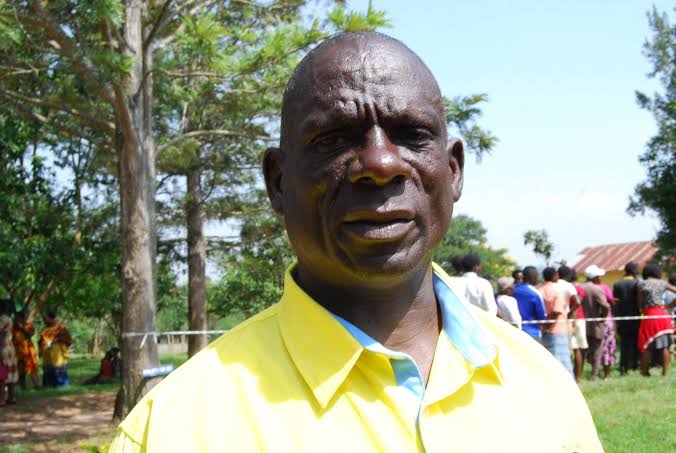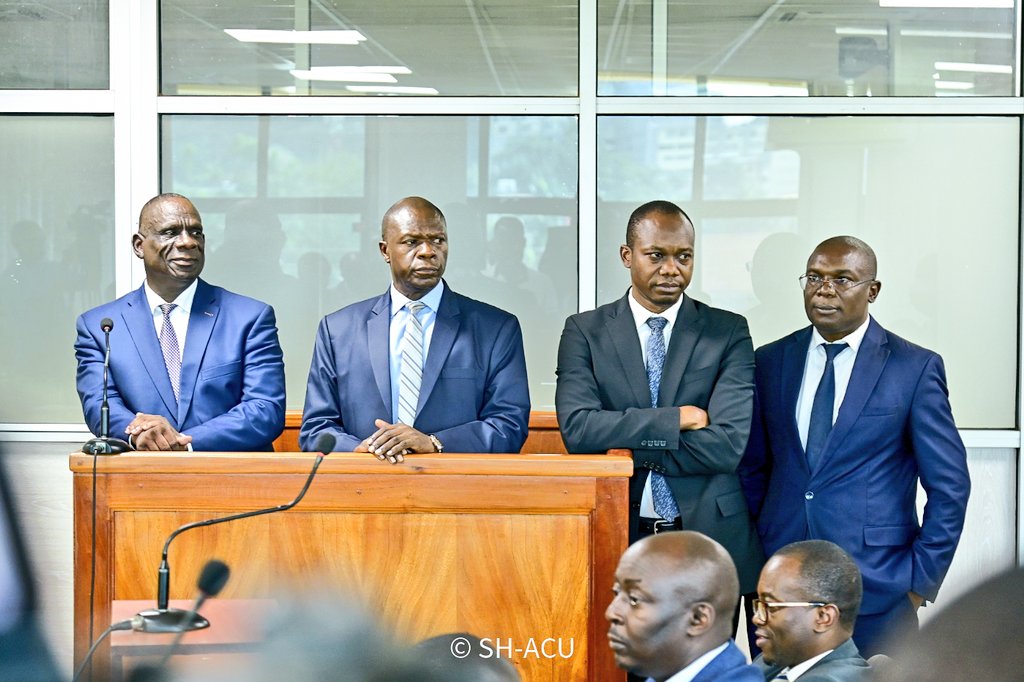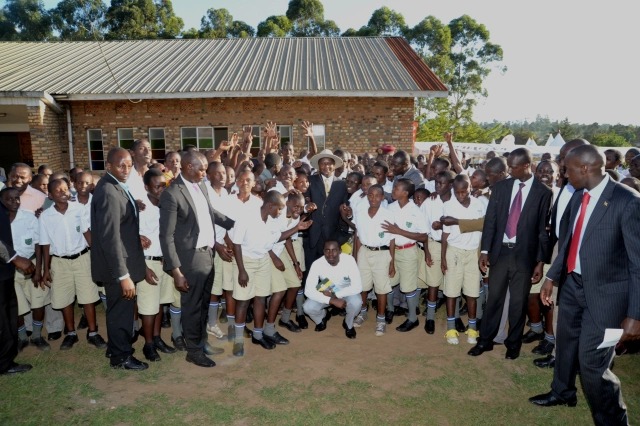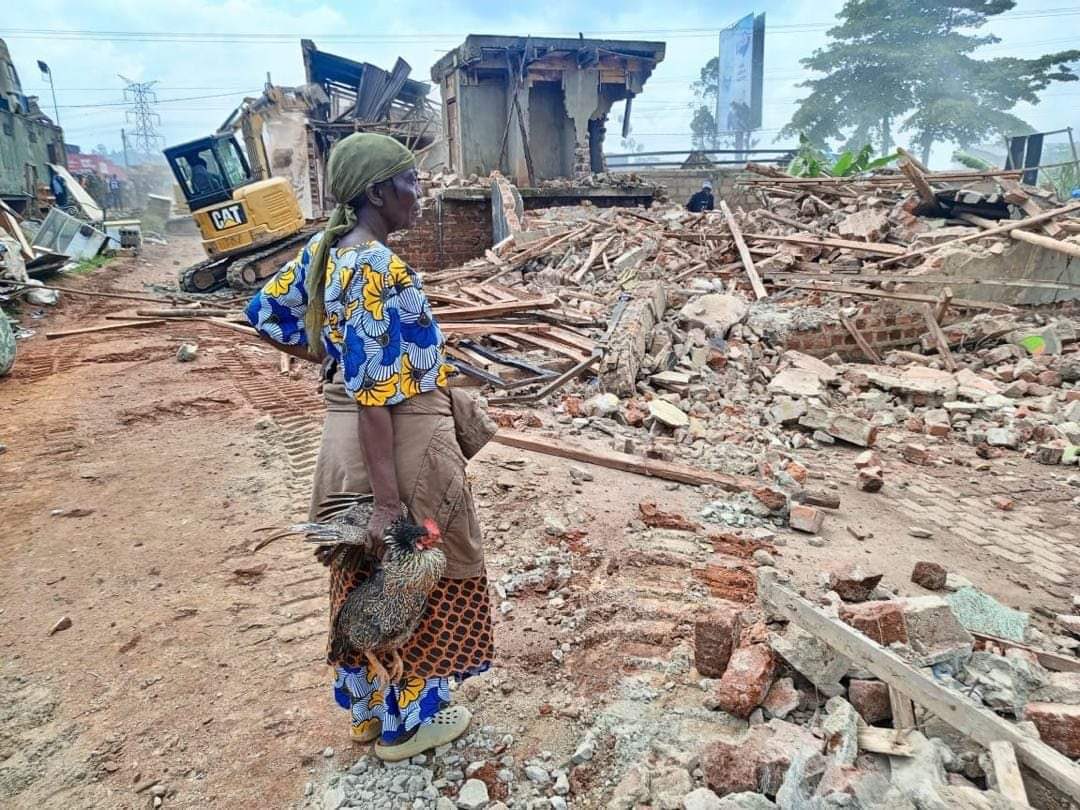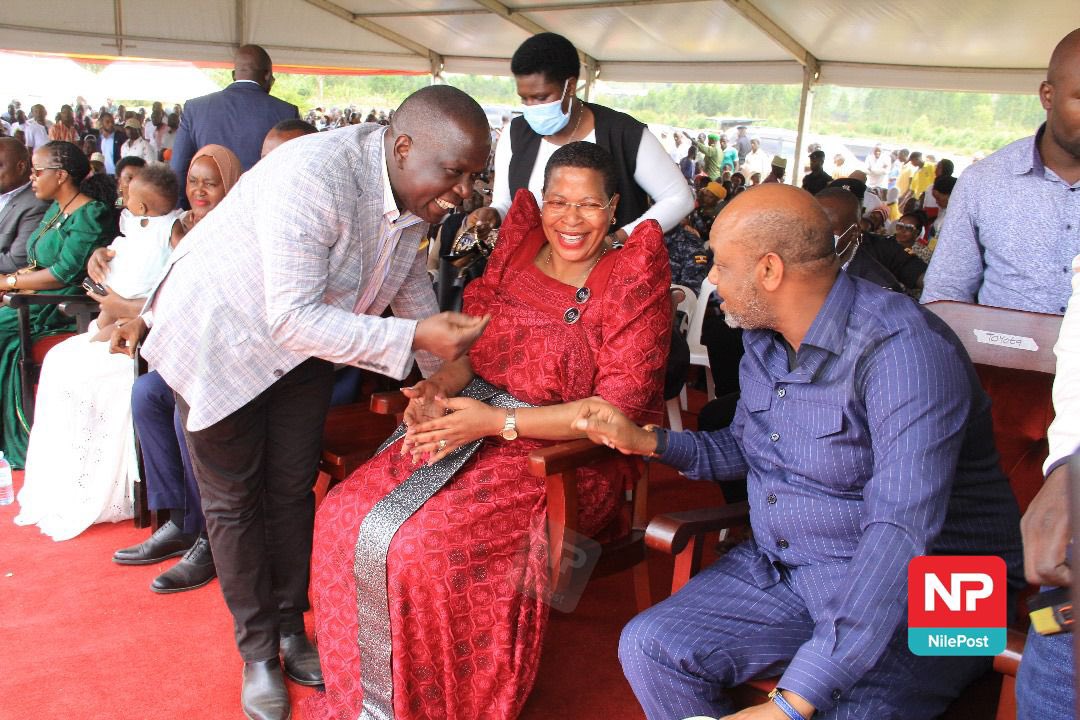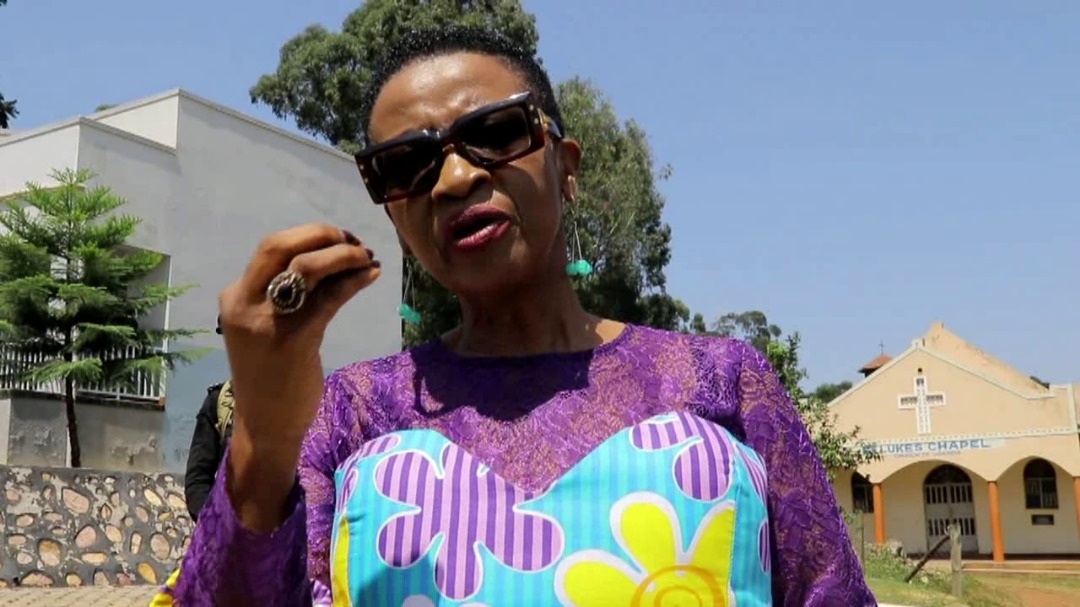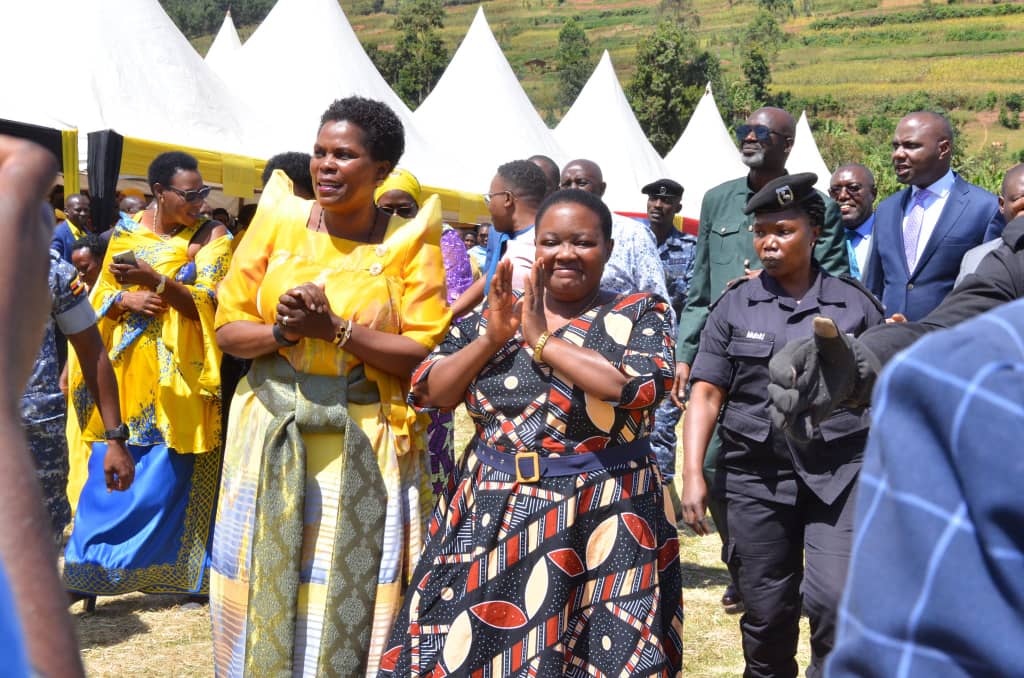Drought deepens crisis for refugees in Yumbe's Bidibidi settlement
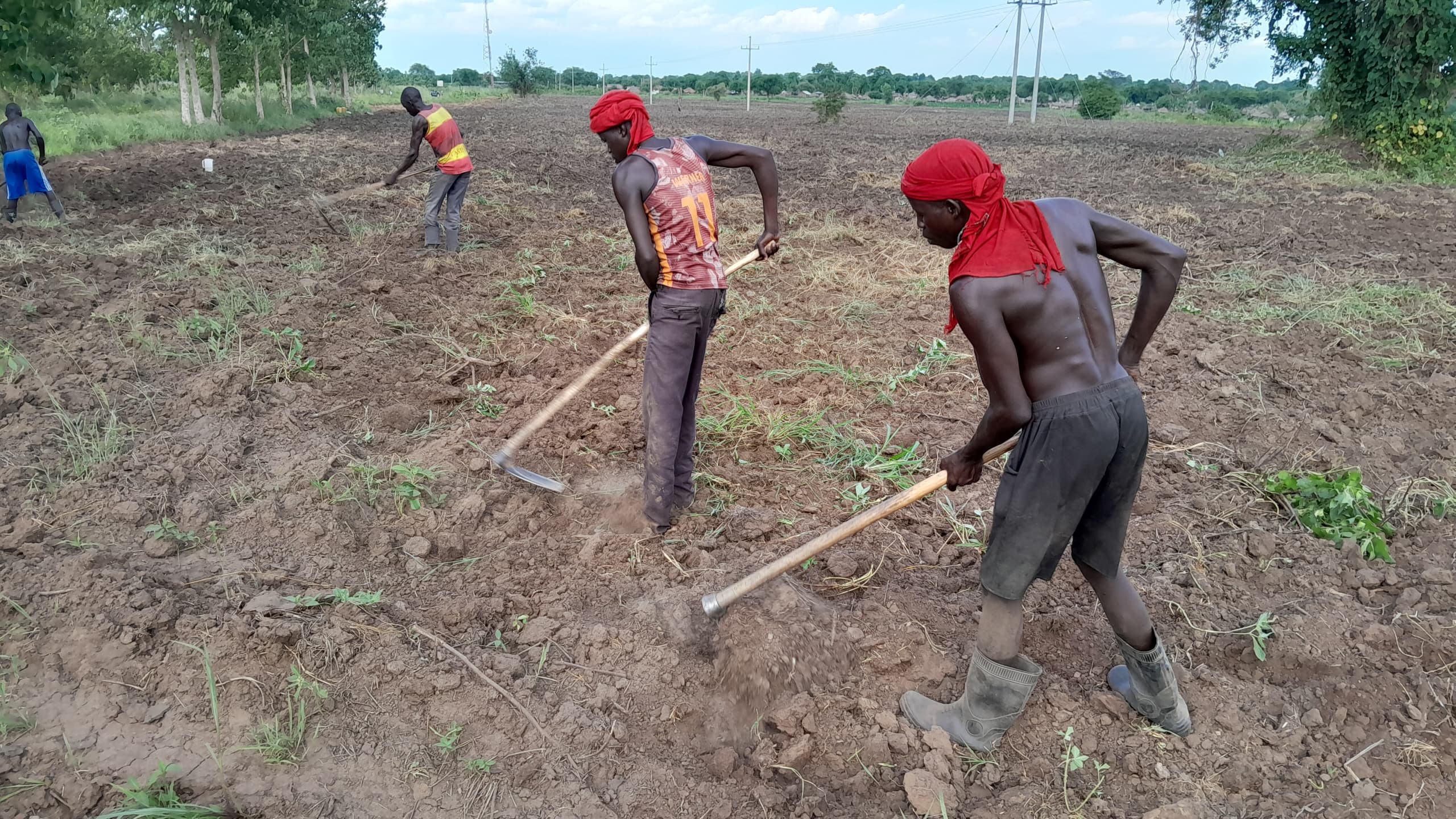
By Martin Okudi
In the wake of reduced food rations and cash grants from the United Nations World Food Programme, refugees in Bidibidi settlement, Yumbe district, have turned to agriculture to sustain themselves.
However, an unreliable rain pattern in the West Nile sub-region threatens their survival efforts.
Many refugees have acquired farmland from local nationals through peaceful agreements, while others practice backyard gardening on plots allocated by the Office of the Prime Minister.
Despite these efforts, a prolonged two-week dry spell during the critical first planting season has hindered crop planting and growth.
John Guya, secretary of Loketta farmer group in Zone IV, expressed concern over the drought's impact on their ten-acre cassava plantation.
"The unreliable rain pattern is a big blow to the farmers. We are not certain of getting good yield from our gardens," said Guya, whose group was trained in climate-smart agriculture by implementing partners.
Yumbe district local council chairperson, Abdul Mutalib Mahamoud, highlighted the broader consequences of food insecurity.
"The refugee communities are going through a lot as a result of food insecurity. They work tirelessly, but their efforts are hampered by droughts," Mahamoud said, noting a rise in criminality as refugees seek alternative means for survival.
Solomon Osakan, the Office of the Prime Minister's refugee desk officer for the West Nile region, acknowledged the funding challenges but emphasized that integration efforts provide refugees with livelihood opportunities.
"Despite the reduction in donor funding, refugees have other means of survival," Osakan said.
To address the environmental challenges exacerbating the situation, World Vision Uganda's national director, Jeremiah Nyagah, announced a five-year re-greening intervention in Yumbe district.
"Our intervention is expected to improve land, soil, water, and vegetation and biodiversity in the two sub-counties of Ariwa and Odravu," said Nyagah.
Legislators from the parliamentary alliance on food and nutrition security, led by chairperson Milton Muwuma, visited Bidibidi to assess the situation.
"We need urgent action in re-greening our environment with support from different implementing partners," Muwuma emphasized, advocating for regular community dialogues on environmental degradation and its impact on livelihoods.
The national state of environment report (2018-19) underscores the urgency of these interventions, highlighting a decline in natural forests over recent decades despite an increase in plantation forests from 3 percent to 8 percent between 2010 and 2017.
The resilience of Bidibidi’s refugee farmers continues to be tested, underlining the critical need for sustained support and effective natural resource management to ensure their survival and prosperity.






